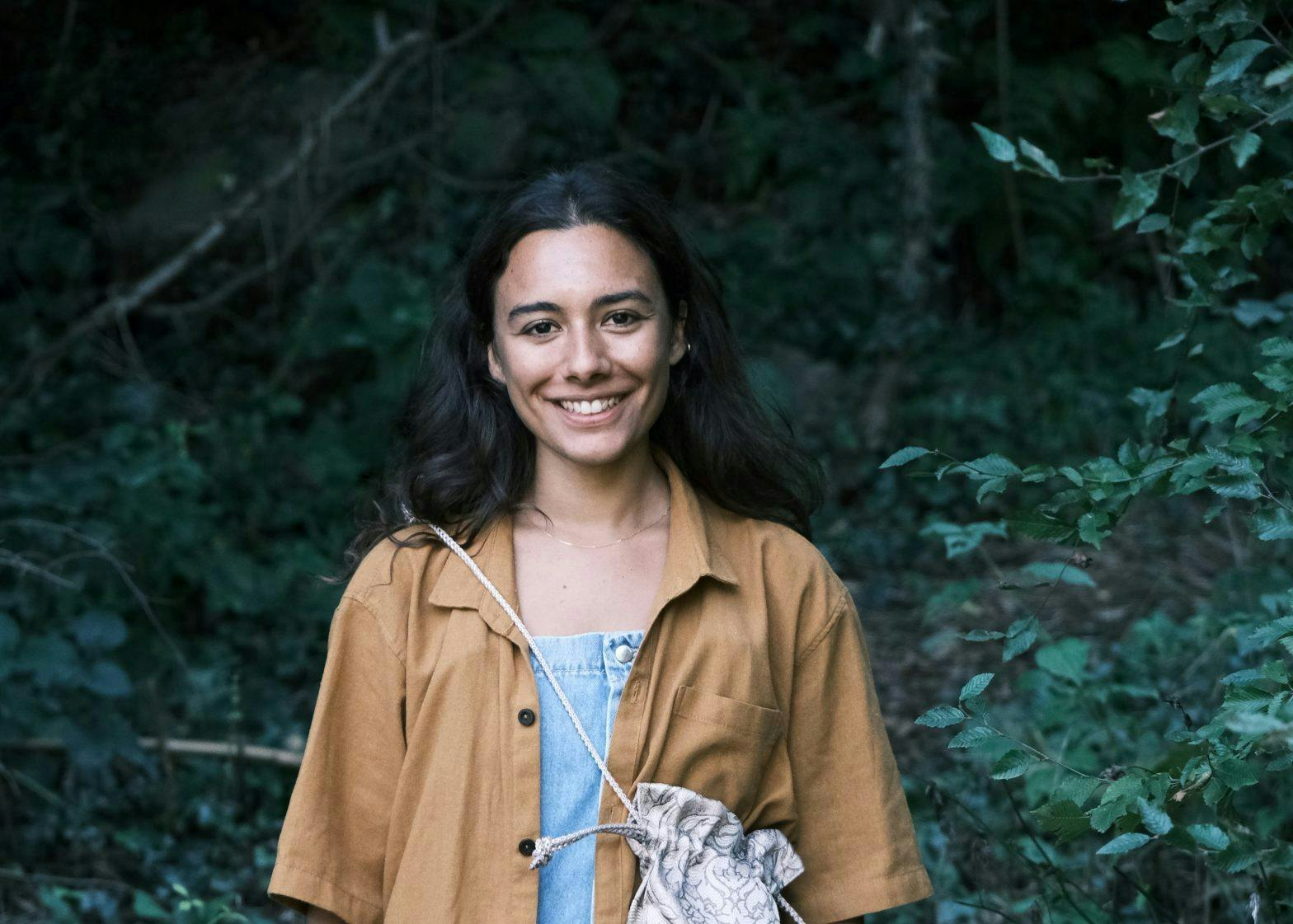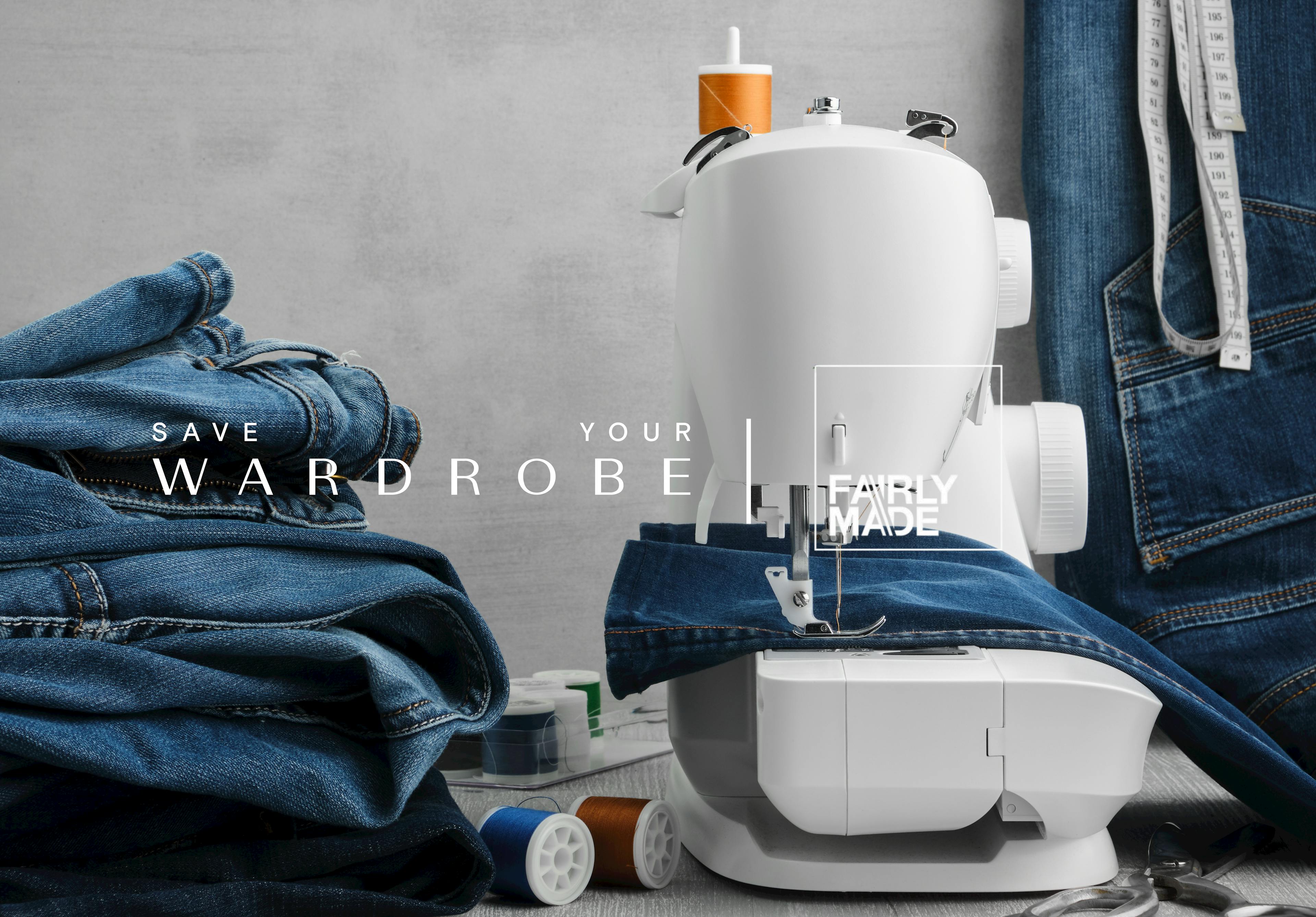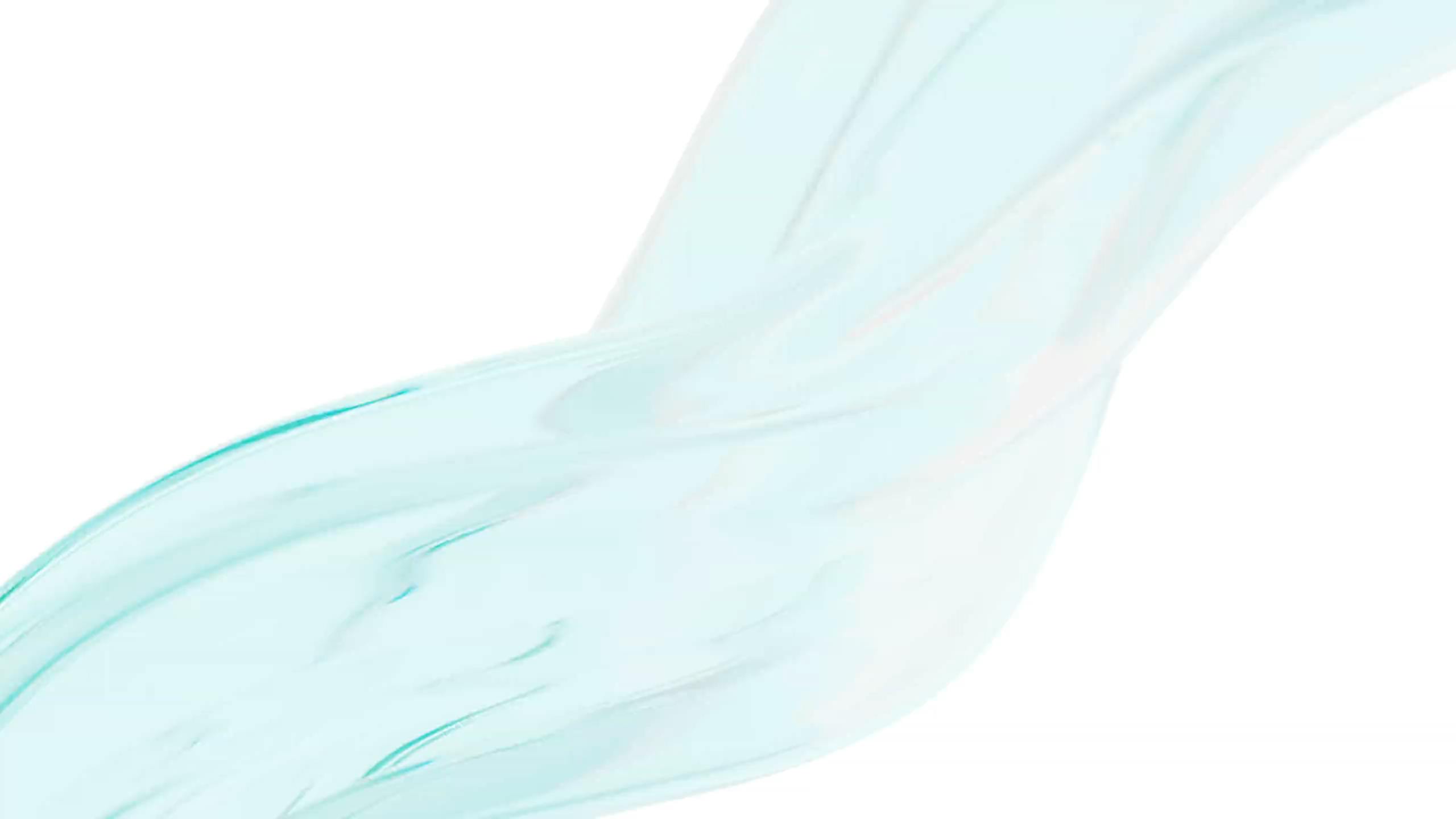
From Fast to Slow Fashion
Interview with Roksan Sarfati, Founder and Creative Director of Màh-roc.
“If we don’t start to address the negative impacts of the fashion industry soon, we’re not going to have an industry in the future.”
When Roksan came back to Turkey in 2016 after graduating from Fashion Design in Italy, she started working in the Fast Fashion textile industry. She was constantly travelling to different countries and had gradually more opportunities to get closer to the production processes and see from her own eyes the ways in which fast fashion garments were produced. Both the environment and negative impact of the apparel industry made her rethink the fashion industry business model.
In fact, facing extremely fast production rhythms and witnessing enormous amounts of waste repetitively for months and years was extremely shocking for Roksan. “The most shocking part was that if buyers don’t like or want the collection, it was irrevocably thrown away.” Fabrics were constantly wasted and discarded and at some point, she decided she wanted to do something about it. It was the driver that made her change her path towards conscious fashion.
“After working for seven years in the fast-fashion industry I was inspired to take action on production waste. For more than two years, I collected leftovers and unwanted garments from around the world, I gathered them in our Balat atelier in order to repurpose them and form an ethical fashion brand.”
This is how her upcycling journey started, Máh-roc was founded with the mission of raising awareness in up-cycled fashion. Máh-roc was the result of her journey, her travels and her rich experiences. “We inspire from our travels. Not just fabrics but also the environment we explore, the people we meet, music, art, traditions… Everything we see is a new idea for us.”
Roksan is a native to the textile industry, growing up in a family textile business learning about materials and observing processes. Core to her family’s ethos was respecting employees and observing ethical working conditions throughout their operations. These fundamental values have deeply resonated with her and translate into her sustainable design product processes at Máh-roc.
Today with her team, she travels all around the world to collect unused and leftover fabrics to create up-cycled collections. Among her various travels, she recently spent 4 months in Sri Lanka where she made many encounters. As Sri Lanka is well known for its rich hand looming tradition; she spent her free time wandering and searching for production studios. “I found an ethical factory where only women work, all fabrics were hand loomed without any electricity nor water; I got to know them, I bought their leftovers and we collaborated on a collection together.” This is how a new collection was born from her trip in Sri Lanka. “Our most important roles are finding old fabrics and supporting local production. We are looking to find a zero waste design solution.”
As a Women Entrepreneur in a country with limited economic freedom, Roksan faced many challenges during her journey. “I am having difficulties as a female entrepreneur. textile and fashion production is a sector that has been dominated by men for years. Sometimes they try to make us forget how powerful women are.”
Turkey is one of the main actors in the world clothing industry, it is amongst the top 10 textile and clothing exporters in the world, and also the second largest supplier to the EU. The role of Turkey as an important player on the international market makes the local industry very competitive. Searching for the right materials at the right price is challenging as sustainable materials get more expensive everyday.
Since the pandemic started, Turkish people are getting more aware of sustainable living and sustainable fashion. Due to travel restrictions, they are turning to local production alternatives and local brands. “When I started in 2016, everyone was asking what upcycling was and they couldn’t understand the purpose of it. Now they are starting to support it.” According to Roksan, the biggest issue in her country today is the lack of education and awareness around waste and other environmental and social issues. She aims at inspiring people and making them more conscious. “We need to educate the overproduction and consumption arising from the lack of awareness. A very small number of people are aware of how much waste is coming out.”
She is now starting to be really involved in this matter, collaborating with universities in order to teach about sustainable design and organising workshops. She aims at opening Máh-roc space to local and emerging designers like herself. “We are planning to make a place where we can share our knowledge, experience and even materials. A place where we will not only enable sustainable designs but also a sustainable life.”
Roksan’s Tips to Consumers:
- Start with buying products that you truly love and with good quality, knowing they will have a longer life span.
- Educate yourself, make more conscious choices, choosing ethical fashion will save your conscience and potentially your money as well in the long run.
- Support local production and local business instead of fast fashion brands.
- Consider the next life of your clothes — explore new options such as second hand and vintage shopping or clothing swaps with friends.





